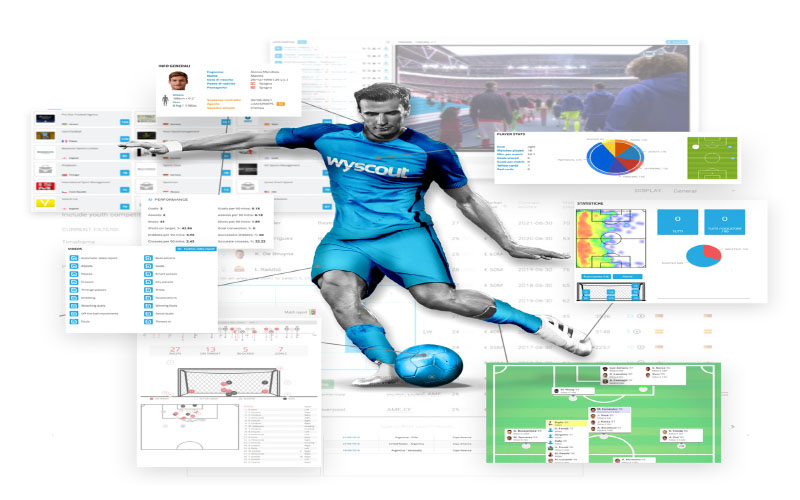Football Data Analysis is essential in enhancing our understanding of the game, influencing decisions, strategies, and player selection at all competition levels. The advancement of technology provides teams, analysts, and fans with extensive data that can be analyzed to improve insights into team performance and player potential. By examining player movements, tactical formations, and match statistics, stakeholders can identify trends and patterns that were once hidden. This analysis not only highlights its significance but also demonstrates its benefits and role in shaping the future of football.
Benefits of Football Data Analysis
Having established an understanding of what Vin777 football data analysis entails, it’s critical to highlight the numerous benefits it offers to teams, coaches, and players. Through informed decision-making backed by data, stakeholders can improve performance and achieve a higher level of success.
Enhancing Team Performance
One of the primary advantages of football data analysis lies in its ability to enhance team performance. By providing actionable insights, coaches can tailor training sessions and match strategies to address specific areas of improvement.
For example, through analyzing past match data, coaches can identify recurring problems, such as defensive lapses, poor pressing coordination, or ineffective attacking patterns. Armed with this information, coaches can design drills and exercises that target these weaknesses, ultimately increasing the overall performance of the team.
Additionally, data analysis allows for personalized training regimens for individual players. By examining player statistics and physical outputs, coaching staff can customize training loads to optimize player performance while minimizing the risk of injury. Adapting training to meet the unique needs of each player enhances both skill development and fitness levels.
Strategic Decision Making
The strategic component of football data analysis is paramount for any team aspiring to achieve greatness. Coaches and management can utilize data insights when determining game tactics, formations, and lineups.
For instance, by analyzing the strengths and weaknesses of upcoming opponents, teams can devise tailored game plans that exploit vulnerabilities while countering threats. This level of preparation can dictate the outcome of a match, as teams that adapt their strategies accordingly are more likely to succeed.
Furthermore, data analysis enables teams to make informed decisions regarding substitutions and in-game adjustments. Coaches can monitor player performance in real-time, allowing them to respond promptly to changing match dynamics. The ability to pivot strategy based on data can be crucial in tight contests where every advantage matters.
Injury Prevention and Player Health
Perhaps one of the most significant advancements fueled by football data analysis is injury prevention and player health management. Injuries are an unfortunate reality in football, but data-driven approaches can mitigate risks and prolong player careers.
Wearable technology has transformed how clubs monitor player health and workload. By tracking metrics such as heart rate, distance covered, sprint intensity, and fatigue levels, medical staff can identify early warning signs of potential injuries. This proactive monitoring helps ensure that players remain fit and available for selection.
Additionally, data analysis can guide training methodologies aimed at reducing injury occurrences. By studying historical injury data, teams can identify patterns related to specific training routines or match contexts that lead to injuries. Adjusting training loads, rest protocols, and recovery strategies based on this analysis can create a safer environment for athletes.
Conclusion
In conclusion, football data analysis represents a multifaceted approach to understanding and improving the game of football. Its significance in modern football cannot be overstated, as it empowers teams, coaches, and players to make informed decisions driven by data. By leveraging key metrics to evaluate performance, enhance training, and develop strategies, stakeholders can unlock the full potential of their efforts on and off the pitch.
